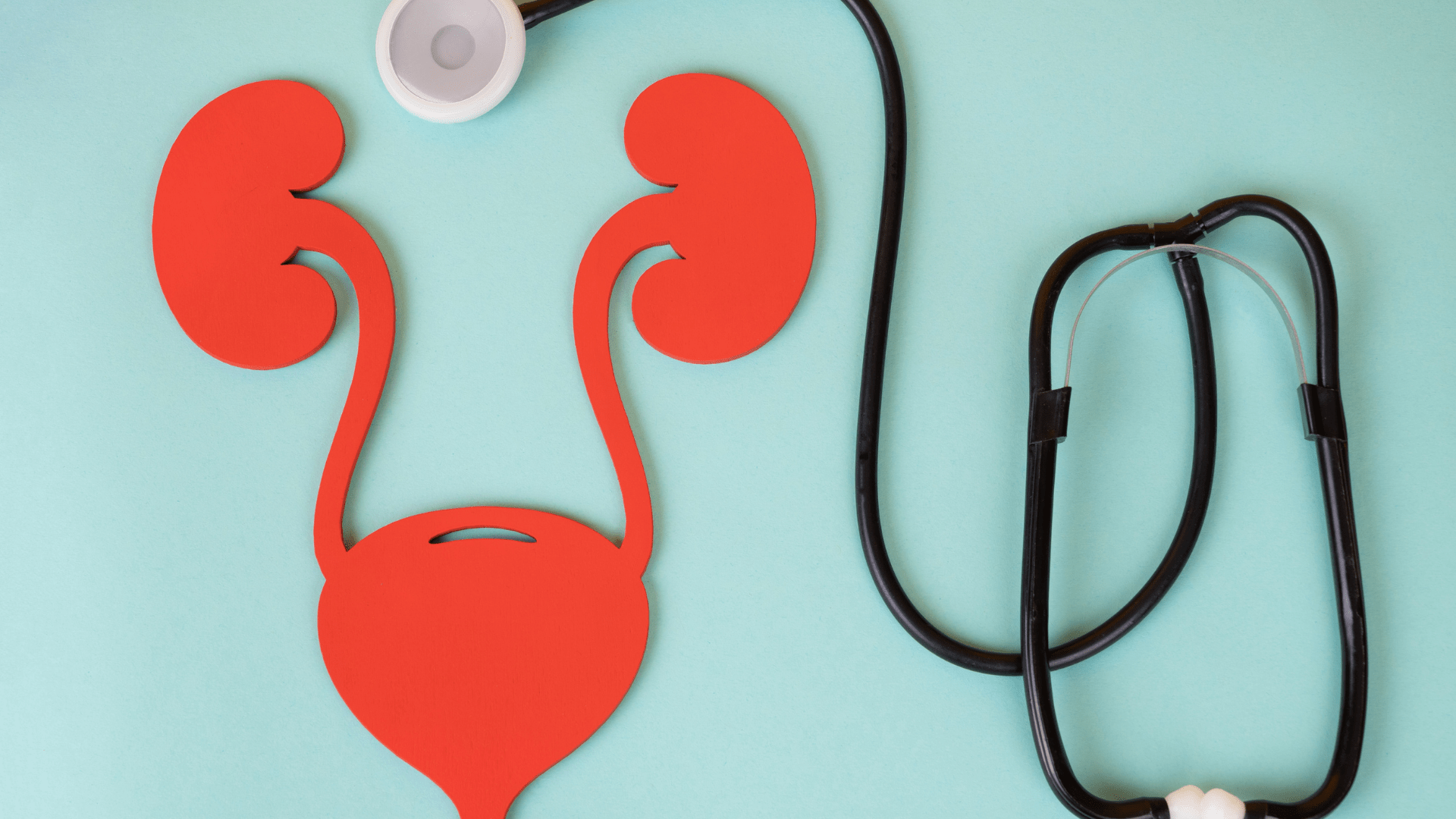Hormones are powerful little chemical messengers that help regulate everything in our bodies, from our mood to our sleep to how flawless our skin looks. They run a constant, tight operation behind the scenes to ensure everything runs smoothly, but when they are out of balance, the operation fails. The hidden truth is that hormone imbalances are more common than most people realise, and can be triggered by many factors. The symptoms can feel confusing and may often have you pulling your hair out, wondering what’s going wrong with your body. Don’t be too alarmed. The good news is that your body talks and sends signals, and if you know what to listen for and how to decode them, you can take action to help restore the balance.
So, let’s explore seven common hormone imbalance symptoms in women, their causes, and natural ways to help restore hormone balance.
What Are The Causes Of Hormonal Imbalance?
Scientists have identified over 50 hormones in the human body so far. Hormonal imbalances can occur when you have too little or too much of any of these hormones, and these can occur more easily than you think. These hormones naturally rise and fall throughout our lives and the day. However, when these shifts go beyond the normal limits, hormonal imbalances can arise. Hormones are like our in-built little drama queens; they are sensitive and respond when they encounter certain triggers. Some of these triggers/causes could include:
- Thyroid disorders
- Polycystic Ovarian Disease (PCOS)
- Certain medications
- Stress
- Steroid use
- Lifestyle habits like poor diet or poor sleep.
- Chronic medical conditions like tumours or autoimmune diseases.

What Are The Symptoms Of Hormonal Imbalance?
“Hormonal imbalances can affect every system in the body and cause multiple symptoms and signs. It is crucial to listen to your body and not ignore persistent changes.”
– Dr. Muteeat Salami.
- Persistent Fatigue Despite Rest: We’ve all had those days when getting out of bed felt like an Olympic sport. However, if this happens very often, despite getting a full night’s sleep, or you end up feeling drained with little to no activity, then it could be due to imbalances in your hormones, like Cortisol (“the stress hormone”) or Thyroid hormones. Cortisol follows a natural rhythm; higher in the morning and lower at night. When this rhythm is disrupted, it could lead to fatigue. Low thyroid levels (hypothyroidism) can slow down your metabolism and make you feel sluggish.
- Mood changes: If your emotions are on a rollercoaster, more often than not, it could be due to drops in oestrogen and serotonin levels. These drops can cause mood swings, irritability, or anxiety. These mood changes can also happen at certain stages of your menstrual cycle and affect your mental health.
- Unexplained weight changes: If you’re struggling to lose weight despite eating healthy, or you’re gaining weight despite being active, then hormonal imbalances involving Insulin, Cortisol, or Thyroid hormones could be the culprits sabotaging your efforts. These hormones play major roles in how your body stores fat and uses energy.
- Irregular periods or Infertility: Your menstrual cycle is a key indicator of your hormonal balance. If you have irregular cycles, very heavy periods, or are struggling to get pregnant, it could be due to imbalances in your oestrogen or progesterone, or even high testosterone levels. Women’s hormonal imbalances are often linked to conditions like PCOS or thyroid disorders.
- Persistent acne or skin issues: If you find yourself struggling with persistent adult acne and breakouts, when you thought you left these struggles in high school, they could be due to hormonal imbalances. High testosterone levels, or changes in your oestrogen or progesterone levels, could just be the enemy against your “waking up flawless” era.
- Low sex drive or vagina dryness: Hormonal imbalances can also affect your libido, whether it is stress hormones like Cortisol, low oestrogen, or a combination of both. These changes could also cause vagina dryness or painful sex, and make intimacy difficult. It is common right before menopause, but it can happen at any age.
- Digestive issues: Are you experiencing bloating, constipation, or random stomach upsets? Hormones like Cortisol, oestrogen, or progesterone can affect your gut function and, in some cases, may trigger Irritable bowel syndrome (IBS), or even worsen existing gut issues.
- Bonus symptom: Hair changes like more hair falling or thinning out, or even excessive facial/body hair growth in women, can be due to hormonal imbalances. Androgens, in conditions like PCOS, have been found to be a cause of these symptoms.
What Are Natural Ways To Restore Hormonal Balance?
You can support your natural hormone balance by making simple and consistent changes to your lifestyle. Here are some natural ways to help your hormones achieve a zen and peaceful state:
- Eat less processed foods and more whole foods. Reduce caffeine and alcohol intake. Instead, incorporate foods rich in fibre, healthy fats, and antioxidants in your diet, like leafy vegetables, whole grains, eggs, and fatty fish. They support your liver (which helps process these hormones), nourish your gut, and can help keep your blood sugar levels stable.
- Manage stress: When you’re under chronic stress, your body produces more Cortisol. Find ways to decompress regularly, whether it’s by journaling, watching a movie, listening to music, meditating, or even saying “no” more often.
- Exercise: Keep your body moving ‐in moderation of course. Incorporating activities like brisk walking 30 minutes a day, jogging, dancing, strength training, or Yoga can reduce Cortisol and boost your feel-good hormones.
- Sleep hygiene: The quantity and the quality of your sleep are crucial. Aim for 7-9 hours of sleep, avoid screens at least 30 minutes before bedtime, and keep your environment cool, dark, and quiet. Your hormones will thank you.
- Skincare: If you’re dealing with adult acne, using gentle products and avoiding products with ingredients like parabens, phthalates, or synthetic fragrances might help. Have a simple skincare routine involving a cleanser, a moisturiser, and daily sunscreen. Don’t underestimate the power of adequate hydration and a consistent, balanced diet. Also, speak to a licensed dermatologist to get the best advice tailored to you.
When Do I See A Doctor Or Seek Professional Help?
“Lifestyle changes can help, but if your symptoms persist, it is important to consult a medical professional”
– Dr. Stephanie Metieh.
While some changes in your lifestyle can make a huge difference in improving your hormonal balance, there may be other factors involved. Some of the symptoms can be difficult to manage, co-exist with other conditions, or even be caused by other medical conditions. Talking to a licensed doctor would ensure that you are fully assessed and get the treatment you deserve. You can connect with our Fertitude Specialists from the comfort of your home to get started.
Final thoughts
Sometimes, it feels like your hormones are pulling all the strings and you’re just along for the ride. While that may be true, you have the ability to be the puppeteer. With the right understanding of your hormones, habits, and support, you can take back the reins and help your body find its natural balance.
References
7 signs of a hormonal imbalance — and what to do about it | UCLA Health




